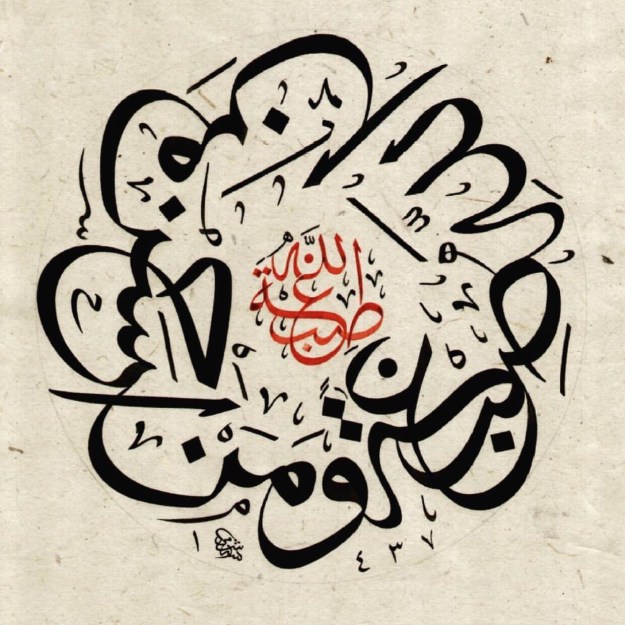
One fortunate day, I was blessed with the opportunity to accompany Shaykh Mufti Muhammad Taqi Usmani on a Nikah ceremony that was to be conducted in a vicinity near Darul’Uloom Karachi (1).
To obtain his permission for accompanying him, I was waiting for him outside his residence. His car was parked at his doorstep and in its direction, his driver had opened a car door in anticipation of his arrival.
When he stepped out of of his home, l quickly moved towards him to seek his permission. As soon as he saw me approaching towards the car, he moved around the car while leaving the opened door for me. Seeing this, I was absolutely dumbfounded and I tried to gather my confidence to utter ‘Hazrat can I accompany you?’. He plainly replied ‘Yes, sure!’, while indicating towards the opened door. While I was still gazing at him in amazement, he casually opened the door on his side and got in to the car. Feeling immensely humbled, I too followed the suit by using the door that had originally been opened for him.
Thus I sat with the Shaykh on the back seat of the car (Alhamdulillāh for such a privilege). I had planned to consult him regarding a personal matter in brief but I thought to wait for him to settle well in the car before beginning to talk. Meanwhile, I was hoping that my amazement and excitement will also settle, allowing me to start the talk.
However, I noticed that as soon as the Shaykh entered the car, he didn’t let a minute of his to go in vain. He quickly started reading out some Du’aas (for protection) from a booklet. Immediately afterwards, he took out his smart phone and started reciting Qur’an on it! Since my matter wasn’t urgent, I thought to wait for him to get free.
When we reached the Masjid, where the Nikah was to be held, the Shaykh was welcomed by a crowd (which appeared large in that congested locality). He led the ‘Asr Salāh which was followed by the Nikāh. Thereafter, the same crowd accompanied him towards the car.
In a zigzag fashion, I too navigated my way through the crowd to reach the car, eager to find the Shaykh available to talk this time. Interestingly, but no longer surprisingly, he resumed his recitation as soon as he reentered the car.
It was when we entered Darul’Uloom again (and thus were about to reach Shaykh’s residence in a minute), the Shaykh finally kept his cell phone back in his pocket. Fearing that he might engage in another form of Zikr (remembrance of Allah), I took a quick breath, gathered my strength and and spoke up to put forth my query to him, while gasping between my broken words. He listened patiently and then replied to me in a polite and satisfactory manner.
Alhamdulillāh, thus I was able to experience a brief, yet an immensely lesson full, meeting with Shaykh Mufti Taqi Usmani (may Allah Ta’ālā preserve him and allow us to benefit from him).
Dr Sayyid Mohammed Talhah
Dr Sayyid Talhah is a mujaz e baiyet of Hazrat Syed Ishrat Jameel Meer sahib (Allah have mercy on him). Now he has islahi ta’luq with sayyidi wa sanadi Mufti Taqi Usmani (Allah preserve & protect him).















